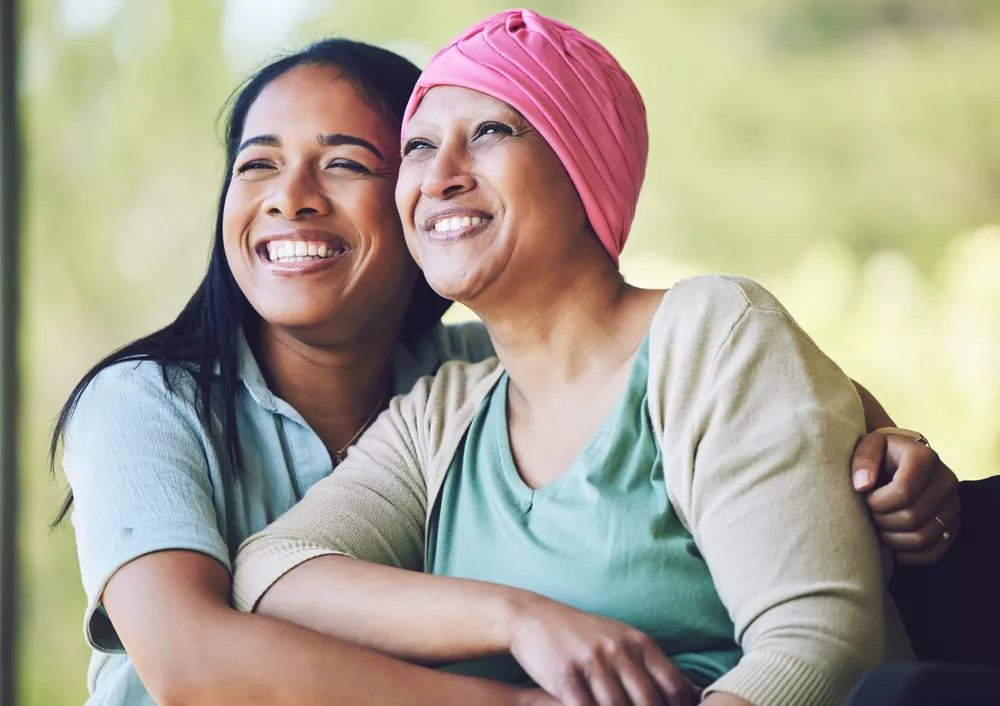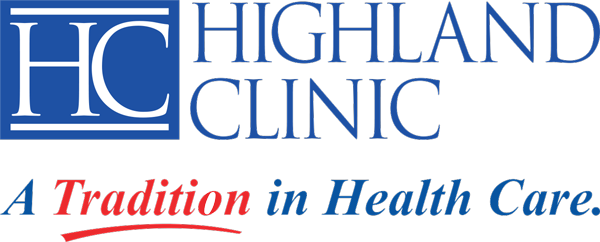Highland Clinic is dedicated to providing comprehensive cancer care with a focus on hematology and oncology services. This guide aims to inform readers about the cancer care journey, detailing advanced treatments, in-house pharmacy support, and hospital affiliations. By understanding the process from diagnosis to treatment and beyond, patients and their families can better navigate their cancer care experience.
Understanding Hematology/Oncology
Hematology and oncology are specialized fields within medicine focused on diagnosing and treating blood disorders and cancers. Hematologists deal with blood-related conditions, such as anemia, clotting disorders, and leukemia. Oncologists specialize in treating various types of cancer, including solid tumors and lymphomas.
The role of hematologists and oncologists is crucial in cancer care. They conduct thorough evaluations, develop personalized treatment plans, and monitor patient progress. Their expertise ensures patients receive the most effective therapies tailored to their specific conditions.
Specialized care in hematology and oncology is vital for successful cancer treatment. Advanced diagnostic tools and targeted therapies improve outcomes and enhance quality of life. Highland Clinic’s team of experts provides comprehensive care, leveraging the latest medical advancements to support patients throughout their cancer journey.

Diagnosis and Initial Consultation
The diagnostic process for cancer involves several key steps. Biopsies, imaging, and lab tests are essential to identify the type and stage of cancer. Biopsies involve taking a tissue sample for analysis. Imaging techniques like CT scans, MRIs, and PET scans provide detailed pictures of the inside of the body. Lab tests, including blood tests and molecular testing, help detect cancer markers and genetic mutations.
During the initial consultation with a hematologist/oncologist, patients can expect a thorough review of their medical history and symptoms. The specialist will discuss the diagnostic results and explain the type and stage of cancer. This consultation is crucial for developing a personalized treatment plan. Patients should prepare questions and concerns to discuss with their doctor.
Accurate diagnosis and staging are vital for effective cancer treatment. They determine the most appropriate therapies and predict outcomes. Highland Clinic’s hematology/oncology team uses advanced diagnostic tools to ensure precise and comprehensive evaluations.
Treatment Planning and Cancer Care Options
Personalized treatment plans are essential in cancer care. Each plan is tailored to the patient’s specific type and stage of cancer, overall health, and personal preferences. Highland Clinic’s hematology/oncology team collaborates with patients to develop these individualized plans, ensuring the best possible outcomes.
Several treatment options are available for cancer patients:
- Chemotherapy: Uses drugs to kill cancer cells or stop their growth.
- Radiation Therapy: Uses high-energy rays to target and destroy cancer cells.
- Immunotherapy: Boosts the body’s immune system to fight cancer.
- Targeted Therapy: Uses drugs to target specific molecules involved in cancer growth.
- Surgical Interventions: Removes tumors or cancerous tissues through surgery.
Treatment decisions depend on various factors, including the type and stage of cancer, patient health, and potential side effects. Multidisciplinary teams play a crucial role in this process. These teams consist of specialists from different fields who collaborate to create comprehensive treatment plans.
Managing Side Effects and Supportive Care
Cancer treatments often come with side effects. Common side effects include fatigue, nausea, hair loss, and pain. Managing these side effects is crucial for maintaining quality of life during treatment. Strategies such as medication, lifestyle changes, and complementary therapies can help alleviate these symptoms.
Supportive care services play a vital role in cancer treatment. Pain management is essential for patient comfort and can involve medications, physical therapy, and other interventions. Nutritional support ensures patients receive the necessary nutrients to maintain strength and energy. Psychological counseling helps patients cope with the emotional challenges of cancer diagnosis and treatment.
Monitoring and Follow-Up Care
Regular monitoring and follow-up appointments are essential in cancer care. These visits help track progress, detect any recurrence, and manage ongoing health issues. Patients should adhere to their follow-up schedules to ensure timely interventions if needed.
Post-treatment care involves several components. Surveillance for recurrence includes regular imaging, lab tests, and physical exams. Long-term health management focuses on addressing any lingering side effects and maintaining overall health. This comprehensive approach ensures that patients continue to receive the care they need even after active treatment ends.
Survivorship programs play a crucial role in supporting patients post-treatment. These programs offer resources and guidance on managing life after cancer. They address physical, emotional, and social challenges, helping patients transition back to their daily lives. Highland Clinic’s survivorship programs provide ongoing support, ensuring patients do not feel alone in their journey.

Patient Resources and Cancer Care Support Networks
Patients and families have access to a variety of resources at Highland Clinic. These include support groups, educational materials, and financial assistance programs. Support groups provide a space for patients to share experiences and receive emotional support. Educational materials help patients understand their condition and treatment options. Financial assistance programs can alleviate the burden of medical expenses.
Building a support network is crucial for emotional and practical support. Patients should utilize available resources to navigate their cancer journey more effectively. Emotional support from family, friends, and support groups can significantly impact a patient’s well-being. Practical support, such as transportation and financial aid, can ease the stress of treatment.
Highland Clinic offers a comprehensive cancer care journey, from diagnosis to treatment and beyond. Personalized care and support are crucial for achieving the best possible outcomes. Patients benefit from advanced treatments, supportive care services, and access to clinical trials. Building a strong support network and utilizing available resources can significantly enhance the care experience. Highland Clinic’s hematology/oncology team is dedicated to providing effective and compassionate care. For more information, visit https://www.highlandclinic.com/.



